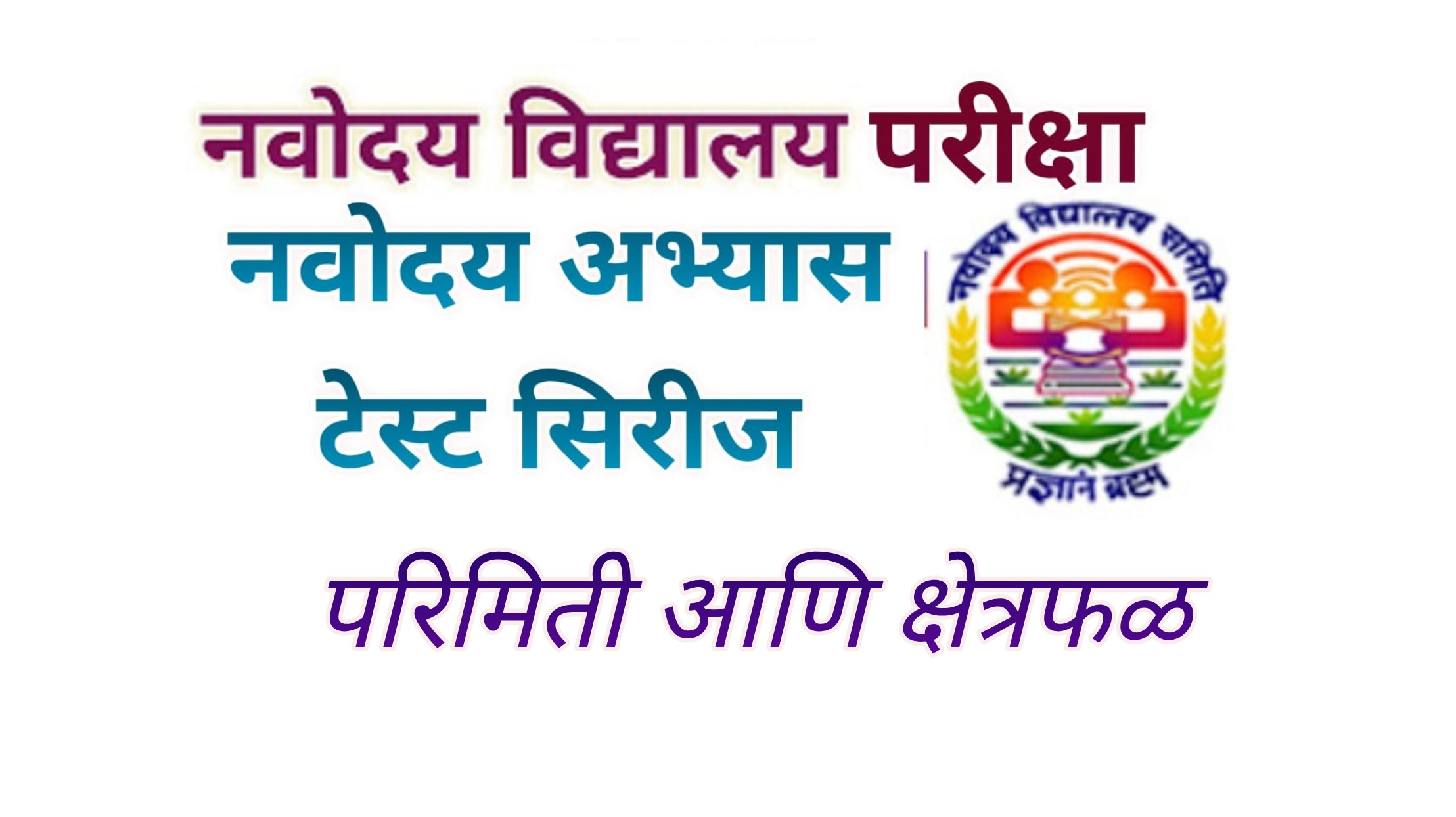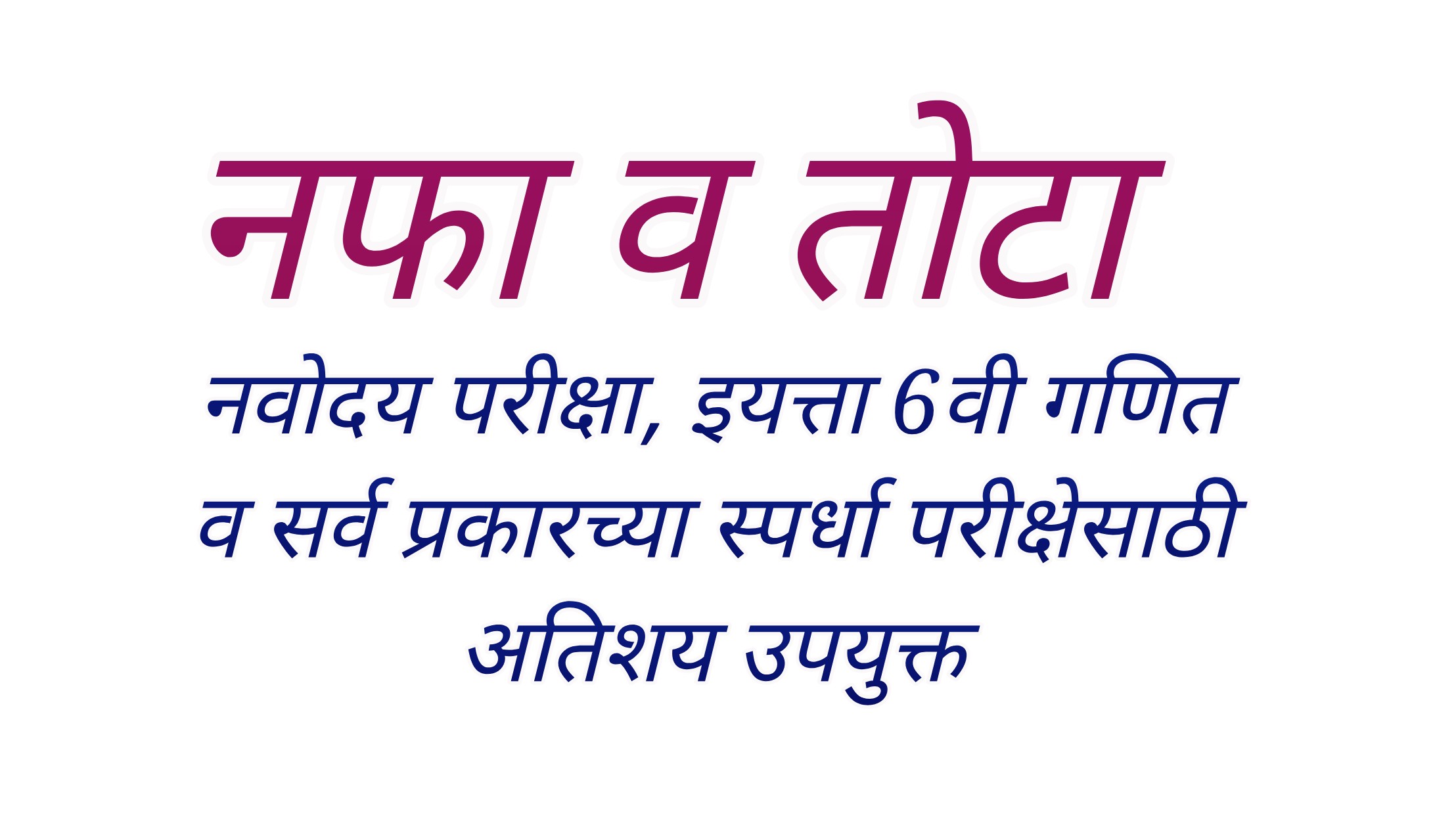The simple present tense is used to talk about things that happen regularly, repeatedly, or facts that are generally true.
Form:
For most verbs, we add ‘s’ or ‘es’ to the base form of the verb when the subject is he, she, or it.
I/You/We/They: work
He/She/It: works
Usage:
Habits and Routines: We use the simple present tense to talk about things we do regularly.
I go to school every day.
She plays tennis on Saturdays.
Facts and General Truths: We use the simple present tense to state facts or general truths.
The sun rises in the east.
Water boils at 100 degrees Celsius.
Scheduled Events: We use the simple present tense for future events that are part of a schedule or timetable.
The train leaves at 9 AM tomorrow.
The school opens at 7:30 AM every day.
Permanent Situations: We use the simple present tense to talk about permanent situations or states.
She lives in Mumbai.
He works as a doctor.
Negative Form:
To make a sentence negative, we use ‘do not’ (don’t) or ‘does not’ (doesn’t) before the main verb.
I/You/We/They: do not work
He/She/It: does not work
Questions:
To form questions, we use ‘do’ or ‘does’ before the subject.
Do I/you/we/they work?
Does he/she/it work?
Examples:
Positive: She goes to school.
Negative: She doesn’t go to school.
Question: Does she go to school?
What _______ you do in your free time?
a) do
b) does
c) is
d) are
Answer: a) do
He _______ to school every day.
a) go
b) goes
c) going
d) went
Answer: b) goes
They _______ football on Sundays.
a) plays
b) play
c) playing
d) played
Answer: b) play
She _______ her homework after school.
a) do
b) does
c) doing
d) done
Answer: b) does
My brother _______ milk every morning.
a) drink
b) drinks
c) drinking
d) drank
Answer: b) drinks
The sun _______ in the east.
a) rise
b) rises
c) rising
d) risen
Answer: b) rises
We _______ English lessons every Monday.
a) have
b) has
c) having
d) had
Answer: a) have
She _______ her teeth before going to bed.
a) brush
b) brushes
c) brushing
d) brushed
Answer: b) brushes
Dogs _______ bones.
a) like
b) likes
c) liking
d) liked
Answer: a) like
The earth _______ round the sun.
a) move
b) moves
c) moving
d) moved
Answer: b) moves
My parents _______ coffee in the morning.
a) drink
b) drinks
c) drinking
d) drank
Answer: a) drink
She _______ her dog for a walk every evening.
a) take
b) takes
c) taking
d) took
Answer: b) takes
We _______ soccer after school.
a) play
b) plays
c) playing
d) played
Answer: a) play
The train _______ at 6 PM.
a) leave
b) leaves
c) leaving
d) left
Answer: b) leaves
Cats _______ milk.
a) love
b) loves
c) loving
d) loved
Answer: a) love
He _______ his bicycle to school.
a) ride
b) rides
c) riding
d) rode
Answer: b) rides
Birds _______ in the sky.
a) fly
b) flies
c) flying
d) flew
Answer: a) fly
The shop _______ at 9 PM.
a) close
b) closes
c) closing
d) closed
Answer: b) closes
She _______ her favorite song every day.
a) sing
b) sings
c) singing
d) sang
Answer: b) sings
Water _______ at 100 degrees Celsius.
a) boil
b) boils
c) boiling
d) boiled
Answer: b) boils
He _______ early in the morning.
a) wake
b) wakes
c) waking
d) waked
Answer: b) wakes
My sister _______ a bicycle.
a) have
b) has
c) having
d) had
Answer: b) has
They _______ their lunch at 1 PM.
a) eat
b) eats
c) eating
d) ate
Answer: a) eat
The cat _______ on the sofa.
a) sleep
b) sleeps
c) sleeping
d) slept
Answer: b) sleeps
We _______ to the beach every summer.
a) go
b) goes
c) going
d) went
Answer: a) go

